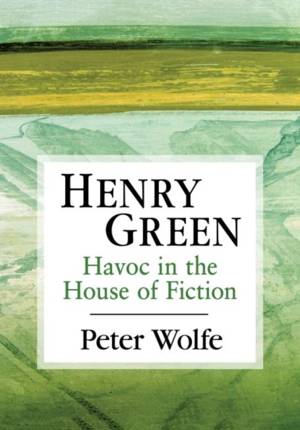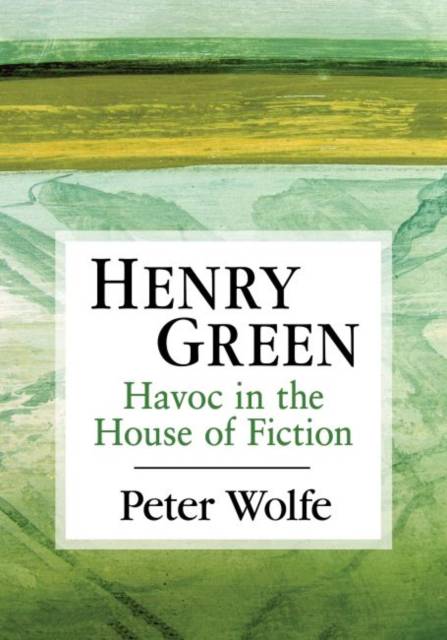
- Retrait gratuit dans votre magasin Club
- 7.000.000 titres dans notre catalogue
- Payer en toute sécurité
- Toujours un magasin près de chez vous
- Retrait gratuit dans votre magasin Club
- 7.000.0000 titres dans notre catalogue
- Payer en toute sécurité
- Toujours un magasin près de chez vous
Description
By mid-career, many successful writers have found a groove and their readers come to expect a familiar consistency and fidelity. Not so with Henry Green (1905-1973). He prefers uncertainty over reason and fragmentation over cohesion, and rarely lets the reader settle into a nice cozy read. Evil, he suggests, can be as instructive as good. Through Green's use of paradoxical and ambiguous language, his novels bring texture to the flatness of life, making the world seem bigger and closer. We soon stop worrying about what Hitler's bombs have in store for the Londoners of Caught (1943) and Back (1946) and start thinking about what they have in store for each other. Praised in his lifetime as England's top fiction author, Green is largely overlooked today. This book presents a comprehensive analysis of his work for a new generation of readers.
Spécifications
Parties prenantes
- Auteur(s) :
- Editeur:
Contenu
- Nombre de pages :
- 258
- Langue:
- Anglais
Caractéristiques
- EAN:
- 9781476671116
- Date de parution :
- 11-12-17
- Format:
- Livre broché
- Format numérique:
- Trade paperback (VS)
- Dimensions :
- 173 mm x 254 mm
- Poids :
- 725 g

Les avis
Nous publions uniquement les avis qui respectent les conditions requises. Consultez nos conditions pour les avis.






